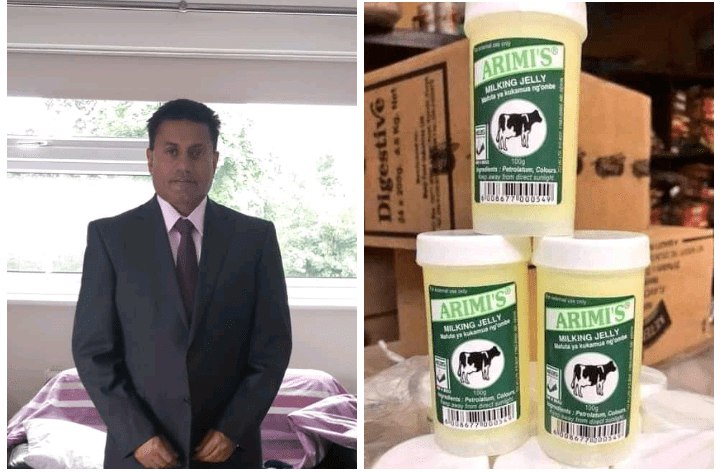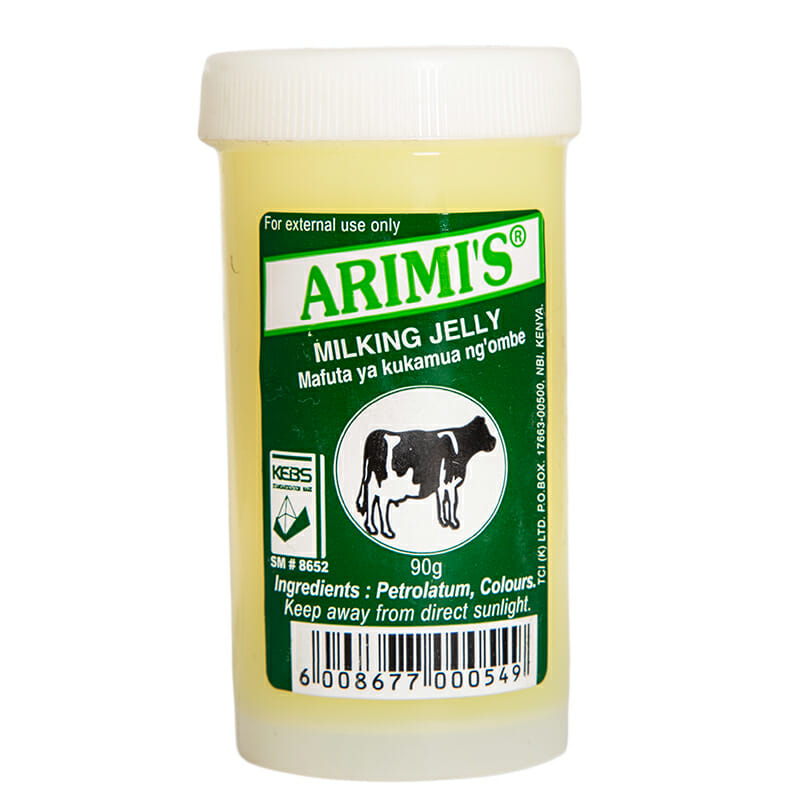Arimi's milking jelly has been a staple in thousands of Kenyan homes for over 38 years. Despite being created for the dairy business, the product found a new use when Kenyans began using it to avoid dry lips and to keep their skin moist.
It is believed on social media that many women carry Arimi's jelly in their handbags since they consider it to be a requirement for women. Arimis is also suitable for Infants' diaper rashes since they will end when you use Arimi's.
For a reason you and I are both familiar with, young Kenyan men would want to avoid talking about this "mafuta ya kukamua ng'ombe."

Hanish Shah established the company in 1983. Shah, an Indian-born Kenyan, ran a boutique before entering the industrial industry.
Did you read this?
Shah moved the business to Nairobi in 1985 as a result of Arimi's market success in reaching a larger market. The company eventually began selling its goods in the sizable Kenyan market. Tri-Clover Industries, whose managing director is Hanish Shah, currently produces Arimi's.
More businesses started making milking jelly in the 2000s, which contains antiseptic chemicals that might treat and prevent mastitis in cows' udders.
However, Arimi's, which only uses petrolatum and colour, has remained in business because its goods are reasonably priced. Additionally, the other milking jelly brands have overpowering odours that prevent anyone from even considering using it on their skin. It gave Arimi's, which, in Shah's opinion, is safe for human skin and hence has no adverse effects, a more significant competitive advantage.
Arimis is the current dominant product in the market in Kenya, having made the existence of other petroleum jelly products unseen and unfamiliar among Kenyan homesteads and families in the present century where Aramis is in usage alongside some lotions, but Arimis is the most in-demand in every homestead due to the belief that people have in the product









